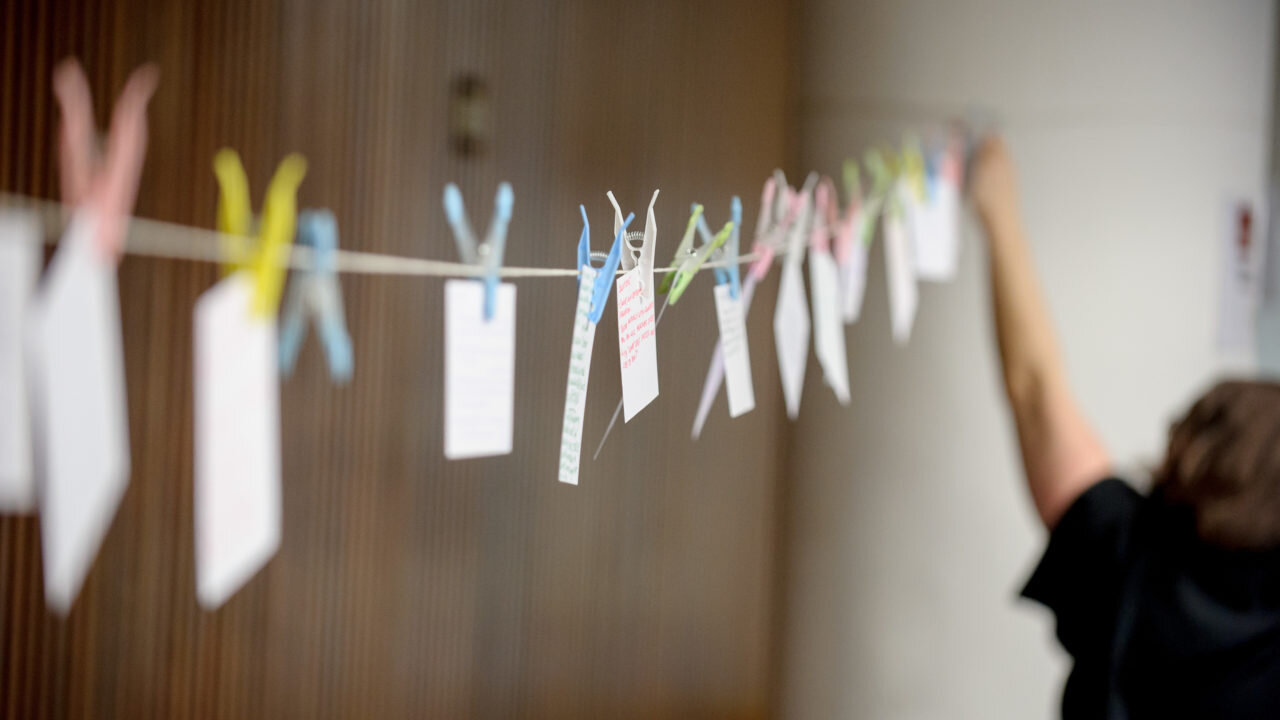Building the world’s first Evidence Hub to better support those working with and for young people
The Greater London Authority (GLA) - the strategic authority for London. They are a not only charged with the implementation of services for Londoners, they are also one of the biggest funders of projects for children and young people in the city.
Team:
Genevieve Laurier
Stephen Bediako
Further Reading:
TSIP was instrumental in first developing Project Oracle, the world's first Evidence Hub, which was created with partners to address the Greater London Authority's need for rigorous and joined-up evidence in the youth sector.
Following the financial crash of 2008, the GLA was experiencing pressure on its budgets, which meant having to find new ways of doing ‘more with less’. By 2011, youth unemployment and child poverty in London was extremely high and the riots of the same year threw a spotlight on gang crime and inequality in the capital. At the same time, the GLA noticed that there was irregular and inconsistent use of evidence within the youth sector. They identified a need to build capacity across stakeholders and to create joined-up thinking regarding evidence-based practice.
The Social Innovation Partnership, alongside key partners, helped to incubate and distil the GLAs ideas about what was needed to improve the sector. We conceptualised and developed Project Oracle – the world’s first Evidence Hub. The Project Oracle approach is built upon our understanding that to improve evidence, it is necessary to develop a system which not only recognises rigour but is accessible and practical at the same time.
Project Oracle acts as a base through which evidence is shared across the three stakeholders in this system: children and youth service providers, commissioners and funders, and academics and experts. Each group contributes and gains from the system, making it sustainable and useful for all.
This has been achieved by establishing internationally recognised ‘Standards of Evidence’: a framework consisting of five levels which reflect how an organisation is currently gathering and using evidence. It is not a pass-fail test, but an exercise to help projects improve their evidence gathering, which in turn can improve the services provided. Projects are offered face-to-face support and training, which help them to self-validate against these Standards via Project Oracle’s online platform.
Project Oracle works with Commissioners to create an understanding between them and youth providers by helping to develop specific and realistic outcomes for their funding. Specific training and support are offered including a bi-annual seminar series called “Evidence Champions”, which brings Commissioners together to share their experiences and expertise.
Project Oracle also works with academics and researchers to ensure that evaluation against the Standards of Evidence is rigorous. They facilitate the sharing of research and findings in the academic realm with projects on the ground. Project Oracle also brokers Research Placements between MA/PhD students and youth projects – so that academic outcomes are based on real life analysis, and youth projects are getting trained and skilled researchers to support their evaluation processes.
As each of the three stakeholders participates in the evidence ecosystem, it becomes more expansive and robust. The children and youth sector generates better evidence, uses better evidence, and shares this evidence widely. With access to this increasingly rigorous and large evidence base, projects can deliver better services, which ultimately lead to improved outcomes for children and young people. TSIP is now independent from Project Oracle and in 2018 Project Oracle and the Centre for Youth Impact joined forces. By coming together they have been able to develop a stronger, combined offer for that can better support all those working with and for young people. Project Oracle also provided the inspiration for and we helped to launch YouthREX – a similar evidence hub in Ontario, Canada: https://youthrex.com/


